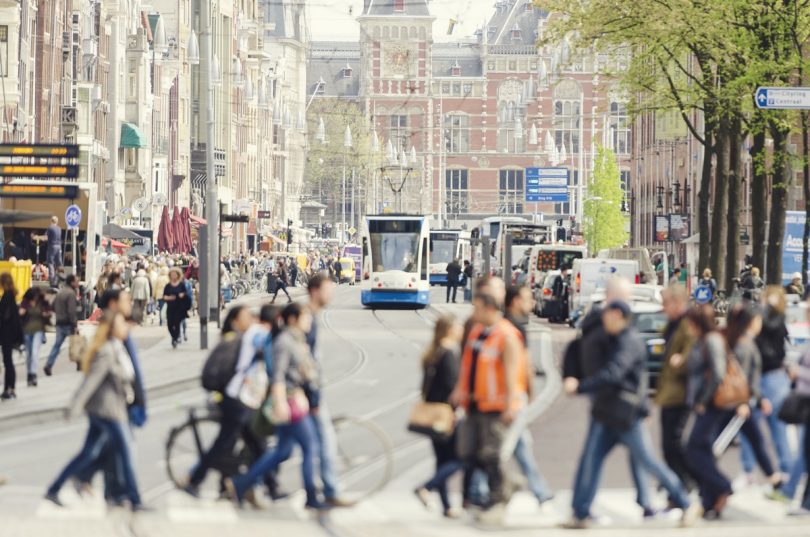The privately owned car has long been the leading means of transportation in big cities. But car pools, electric bikes and self-driving vehicles can challenge the car’s dominant position, says latest Sweco report.
Over the past 70 years, the car has had a major impact on urban planning and the way our cities are designed. But the car’s dominance has declined as more investments are made in public transport and as more people travel by bike and on foot. Digitisation, automation and access to new types of electric vehicles have the potential to change the way we travel and move throughout the city.
A new Urban Insight report from Sweco describes a trend that is gaining momentum in cities throughout Europe. With “combined mobility” solutions, travellers can choose a combination of transport modes and services to move around the city more easily. In addition to providing greater flexibility, this also makes it easier for people to make sustainable choices.
Access to alternative modes of travel reduces car dependency
”New transport solutions should be included in the earliest planning stages of urban development,” says Sara Polle, traffic expert at Sweco. “This will give more of the city’s residents access to alternative modes of travel, and reduce people’s dependence on the car.”
Most cities that focus on combined mobility have a well-developed public transport network, but also use bike sharing, car pools and similar solutions as a complement to public transport. Self-driving vehicles are also being rapidly developed and are expected to play a key role in the future.
Another development within combined mobility is MaaS (Mobility as a Service), which links together various types of transport services and uses a single app or similar solution for bookings and payments. This type of service is already being used in Vienna, Helsinki and Hanover.
Urban Insight is based on a series of insight reports written by Sweco experts, who share their knowledge of urban development based on the citizen perspective. Read the report here.

